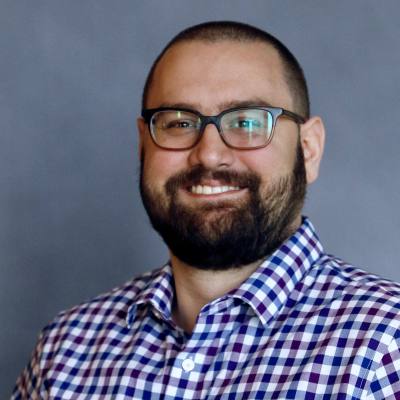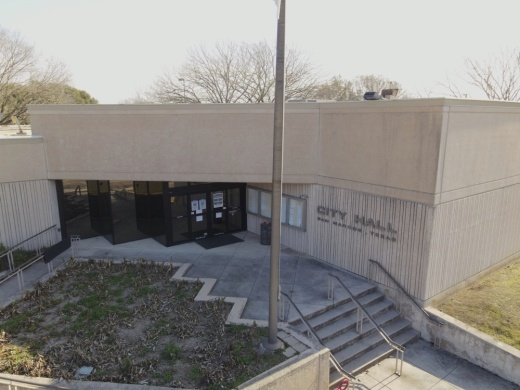The new law would require people defined as lobbyists in the ordinance to register with the city and report their interactions with elected city officials, city board and commission members, and city employees, who would also be required to report the interactions when certain conditions are met.
Council Member Shane Scott, who stated early in his term he would not respond to ethics complaints filed against him, moved to postpone the vote until the day after the Nov. 2 election. It was seconded by Council Member Saul Gonzales, and supported by Mayor Jane Hughson and Council Members Mark Gleason and Alyssa Garza
"To me, it seems that [they are] wanting for another council to vote on this after the elections in November, at which point none of these council members will know that much about the lobby ordinance, other than things they've heard," Derrick said, while also noting misinformation shared about the ordinance during the meeting's citizen comment period.
Scott explained his desire to postpone the vote was to create time to rewrite the ordinance, which he said "was unfair to certain groups." Scott went on to say he also believed the ordinance was not specific enough, and he expressed a desire to form a new committee to change the ordinance, which was drafted by the San Marcos Ethics Review Commission.
The ordinance used the San Marcos Police Officers Association as an example of a lobbying firm required to report its interactions with city officials.
Scott received $9,035 in support from SMPOA in the form of mailers sent to residents twice during his successful 2020 bid for City Council. Scott did not have to report the mailers as campaign contributions under state law.
SMPOA was not the sole organization listed as a lobbying firm. The San Marcos Professional Firefighters Local No. 3963 was also listed.
Hughson noted multiple issues she had with the ordinance and suggested amendments and alternatives.
"This ordinance, in my opinion, is a sledgehammer approach that's not necessary," Hughson said of the proposed law, which includes fines of up to $500. "I'd like to try something that meets the transparency without the sledgehammer."
Hughson went on to suggest a trial period of self regulation among council members by volunteering to self-report her interactions with lobbyists, albeit with nondescript limitations.
"What I was going to propose, instead of this ordinance as it stands today, is that we ask council members to report," Hughson said. "Same reports as noted in the ordinance, mostly the same notations on what kind of communications to report—I will volunteer to report, and I hope others will also."
Opposition of the ordinance was focused on the definition of a lobbyist and who would need to register. Broadly speaking, individuals do not have to register unless they, or a group they represent, receive economic benefit or compensation from speaking with city officials.
Attorneys, media and residents are largely exempt, as well as nonprofits unless they solicit public funding.
Baker said concerns of who the ordinance affected were unfounded.
"The postponement for this is not due," Baker said. "I think we need to do our community justice and pass this ethics agreement to make sure that lobbyists are registered."
Garza rode the center line and voiced support for the ordinance, but did not fight the postponement.
"I don't think that that anybody's going to come up with a better ordinance than this," she said. "I think that we can work on public education to make sure that the folks who came and spoke today firmly understand that a lot of what their concerns are, are not grounded in any realm of reality."





